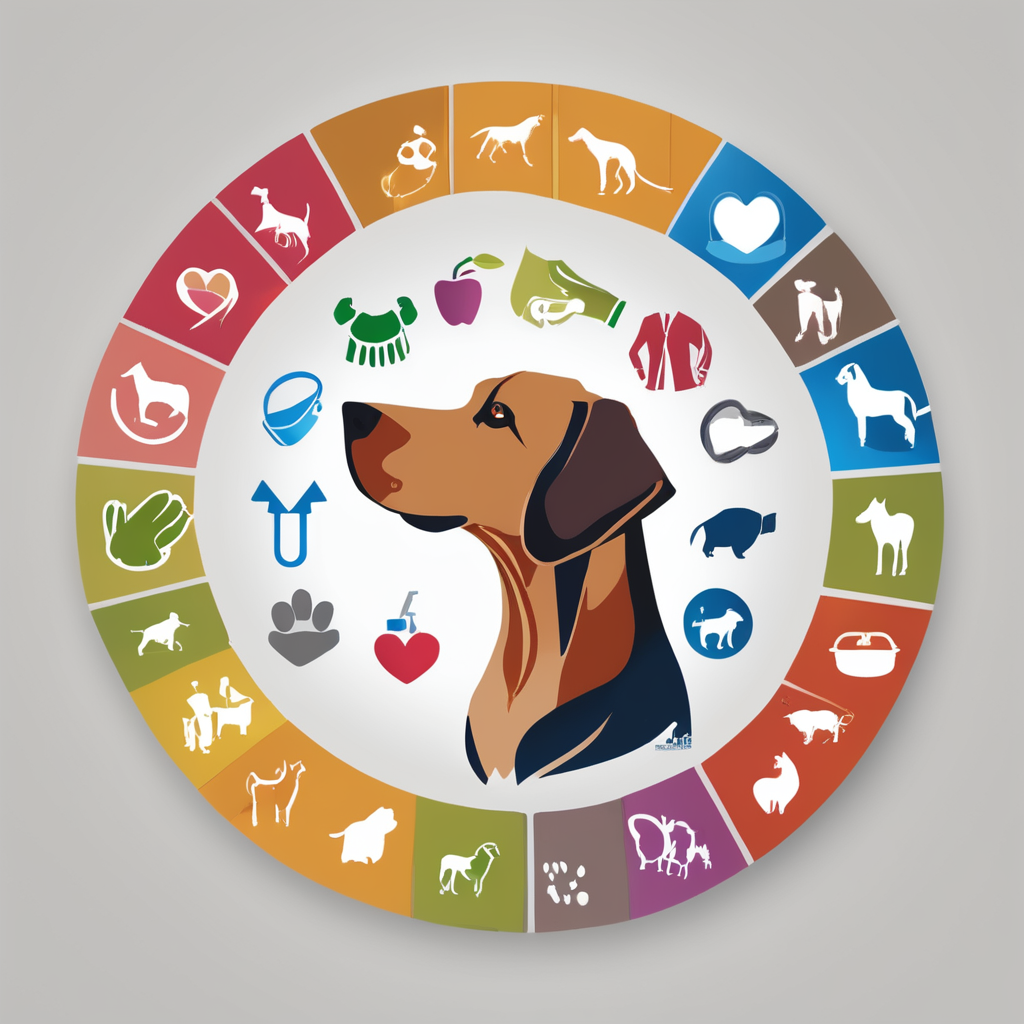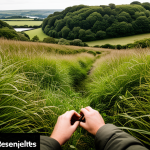Leading UK Marine Conservation Programs for Children
The UK offers a variety of top-tier marine conservation education programs designed specifically for children. These initiatives integrate effective marine conservation education UK principles, combining hands-on learning with scientific insight. Providers include prestigious museums, public aquariums, and active marine charities, all committed to fostering environmental awareness from an early age.
Unique features of children’s marine programs often include interactive exhibits, live animal encounters, and immersive storytelling that reveal the complexities of ocean ecosystems. Several programs use innovative marine learning UK techniques, such as gamification and virtual reality, to engage young learners more deeply. For example, some focus on rallying children around real-world conservation challenges, encouraging them to participate in projects like beach clean-ups or citizen science studies.
A voir aussi : Tracking city hedgehogs: novel uk research methods to observe hedgehog populations
This diverse approach ensures that children’s marine programs provide not just theoretical knowledge but also inspire practical involvement, cultivating a meaningful connection to marine environments. The combination of expert-led sessions and playful exploration makes learning both comprehensive and enjoyable, equipping children with essential skills for future environmental stewardship. These programs stand out for blending education and engagement, making them leaders in marine conservation education UK.
Age Groups, Locations, and Hands-On Experiences
Children’s marine programs in the UK cater to a wide range of age groups, typically from early primary (around 5 years) through to late teens (up to 18 years). These UK children’s marine courses are thoughtfully designed to match developmental stages, ensuring age-appropriate content and activities. For instance, younger children engage in basic marine conservation learning activities with interactive storytelling and simple experiments, while older participants take part in advanced fieldwork for kids, such as habitat surveys or water quality testing.
Cela peut vous intéresser : Exploring wildlife respectfully: a comprehensive guide to the proper etiquette for uk nature reserves
Locations vary significantly, providing diverse learning environments. Coastal centers give direct access to marine habitats, allowing for real-world observation and hands-on experiences like beach clean-ups and species identification. Aquariums and museums offer controlled settings where children can interact with marine animals and use innovative tools like touch tanks. Additionally, virtual options have expanded access through interactive online modules featuring the latest innovative marine learning UK technology, making it possible for children distant from the coast to participate effectively.
The hands-on components are essential to these programs. Scientific workshops teach practical skills in data collection and analysis. Citizen science projects connect children to broader conservation efforts, reinforcing the impact of their contributions. This blend of location-based and virtual experiences forms a comprehensive approach to marine education.
Curriculum and Learning Outcomes
In the marine curriculum UK, children explore vital topics such as ocean ecosystems, the effects of climate change, and marine wildlife conservation. These subjects form the core of conservation learning outcomes, ensuring participants gain a solid understanding of marine environments. The curriculum also emphasizes the development of practical skills like teamwork, scientific thinking, and environmental stewardship, essential for shaping responsible future advocates for the ocean.
Learning objectives focus on integrating theory with practice. For example, students may analyze data on water quality or track species populations, reinforcing scientific methods. This hands-on approach underpins effective ocean science education, making abstract concepts tangible and meaningful.
Participants often receive certificates recognizing their achievement and knowledge gained, which motivates continued engagement. These certifications are valued by schools and youth organizations, highlighting the importance of structured marine curriculum UK programs. Overall, the curriculum is carefully designed to inspire curiosity and empower children in their role as marine conservation champions.
Enrollment, Fees, and Application Process
Enrolling in children’s marine programs in the UK typically involves a clear, step-by-step procedure designed to ensure accessibility and transparency. To enroll in marine programs, parents or guardians often begin by selecting the specific course or camp aligned with the child’s age and interests. After choosing, they complete an online or paper application form providing essential details such as age, contact information, and any special needs.
Regarding marine camp UK prices, costs vary depending on program length, location, and included activities. Many reputable programs offer tiered fees, with options for full-day or half-day participation. Importantly, several providers offer scholarships or financial assistance to support wider access, recognizing that affordability is crucial.
Deadlines for applications differ but commonly set several months in advance of program start dates, allowing organizers to prepare and manage group sizes effectively. Early application is encouraged to secure spots, especially in popular programs.
By understanding how to join conservation courses early, families can navigate the process smoothly. Providers typically supply detailed information on payment methods, cancellation policies, and any required documentation, ensuring a hassle-free enrollment experience that opens doors to valuable marine conservation education UK opportunities for children.
Leading UK Marine Conservation Programs for Children
The UK is home to some of the most engaging and effective marine conservation education UK initiatives aimed at children. These children’s marine programs are offered by a range of reputable providers including leading museums, public aquariums, and prominent marine charities. Each program is designed to blend education with interaction, ensuring young learners experience marine environments vividly.
Unique features often include interactive activities like touch tanks, live animal encounters, and immersive storytelling that bring ocean science alive. Many programs leverage innovative marine learning UK technologies such as gamified challenges and virtual reality, which enhance engagement and deepen understanding. These elements not only make conservation concepts accessible but also inspire children to take active roles in protecting marine life.
Formats vary from day visits and camps to longer courses, providing flexibility for different interests and schedules. By integrating expert-led sessions with playful exploration, these programs provide a balanced approach that builds both knowledge and enthusiasm—key ingredients for nurturing future marine conservation advocates.







